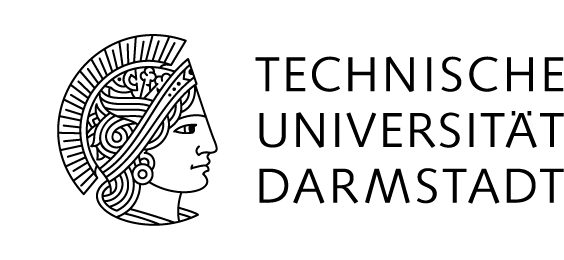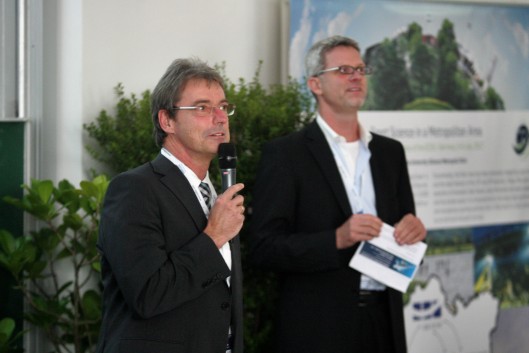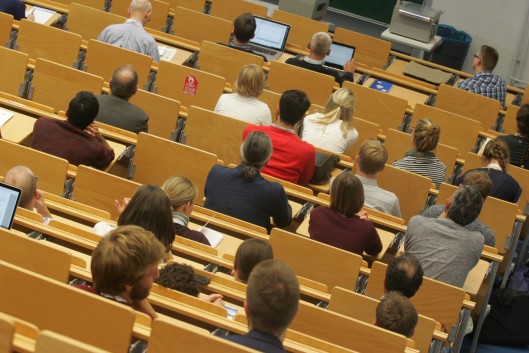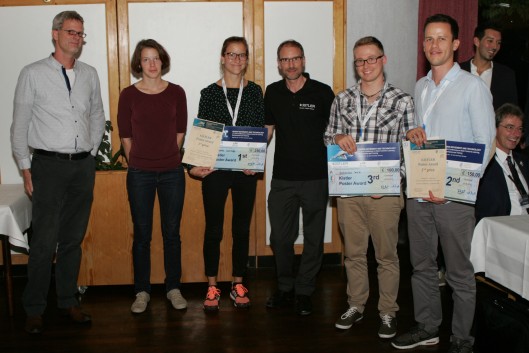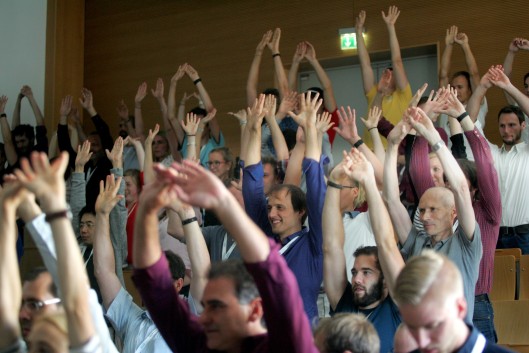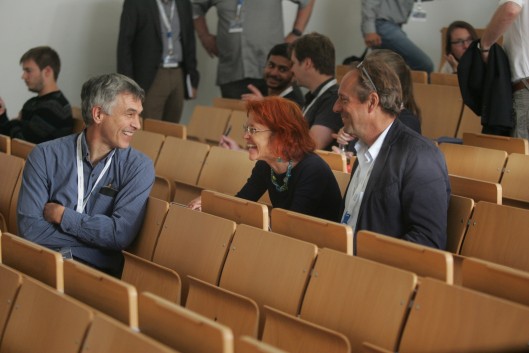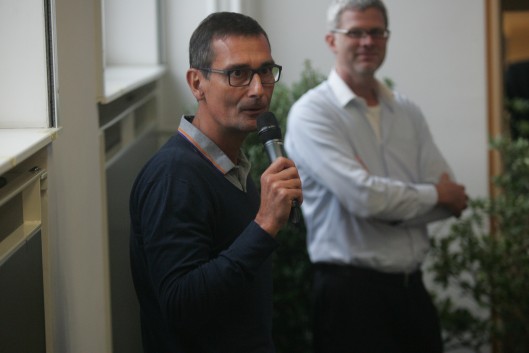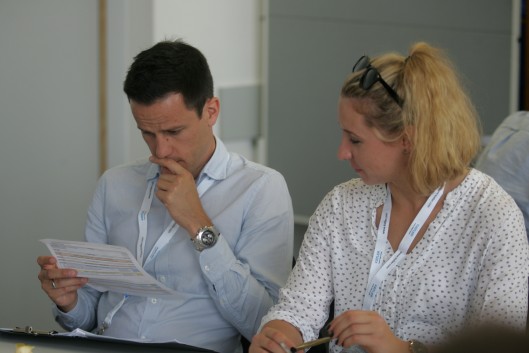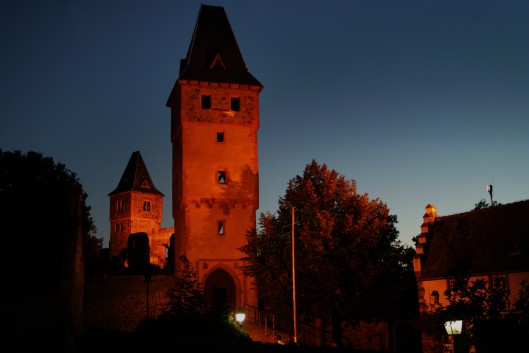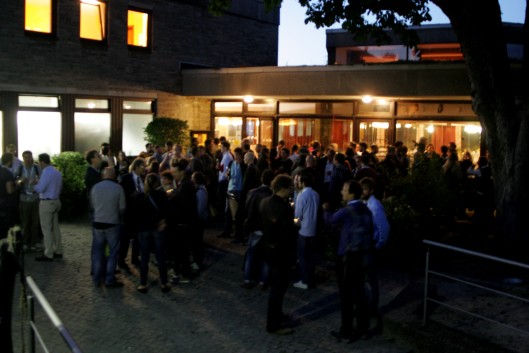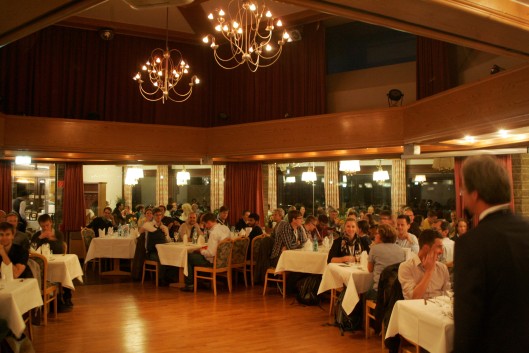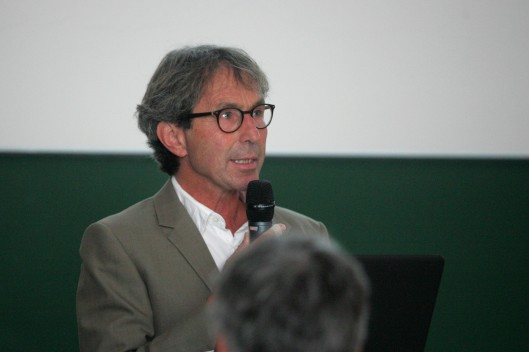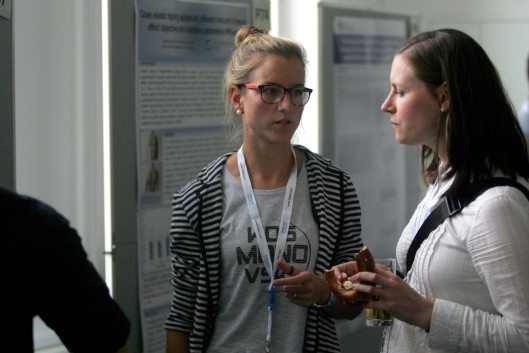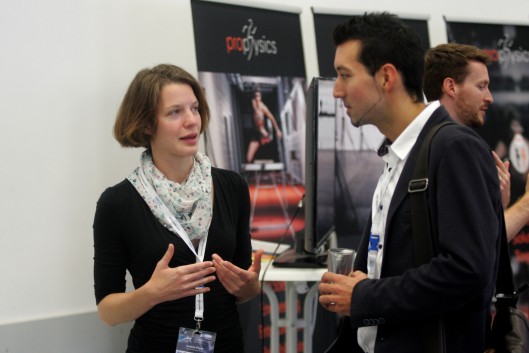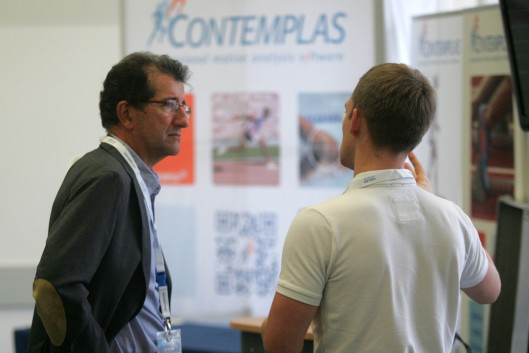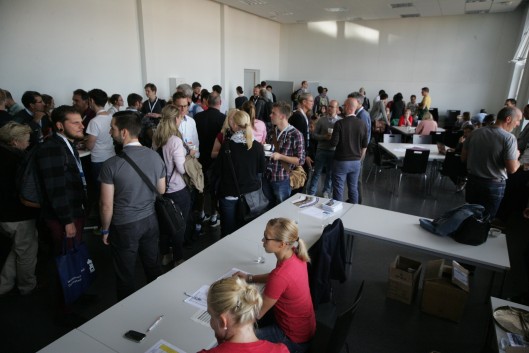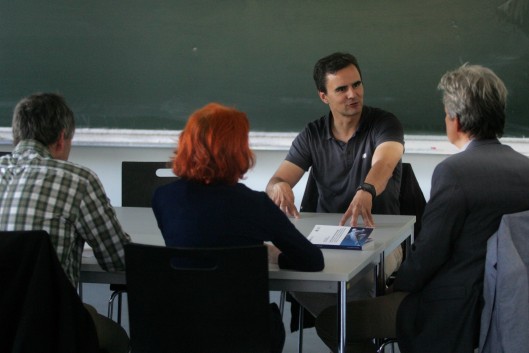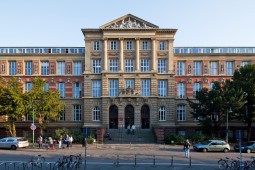11th joint Conference on Motor Control & Learning, Biomechanics & Training
HUMAN MOVEMENT AND TECHNOLOGY
28.-30. September 2016, Darmstadt
Photos
Keynotes
Conference abstract
The 11th interdisciplinary meeting of the dvs sections biomechanics, motor control and learning in sport (Sportmotorik) and training science will take place in Darmstadt. The conference aims at bringing together scientists from the three sections to discuss interdisciplinary issues at the intersection of biomechanics, motor control and learning and training science. A special emphasis will be on the application of technologies to analyze and support human movements. In the research fields of biomechanics, motor control and learning and training science, numerous technologies have been developed and applied like measurement systems, stimulation systems or presentation technologies. In this regard, technology can be used either as a research or an intervention tool. To fully exploit the potentials of these technologies an interdisciplinary account is required considering the psychophysiological as well as the physical aspects of these technologies.
Selected topics (not exclusive):
- Innovative measurement and assessment techniques
- Technology-supported training and exercise
- Assistive technologies in sports and rehabilitation
- Modeling and simulation techniques
- Performance analysis
- Notational analysis, game/ match analysis
- Sports devices
- Sports biomechanics
- Neuro-muscular mechanisms in sports
- Modelling adaptations in sport
- Serious Games in sport
- Training of children and youth in sport
- Technical modeling and robotics
- Methods for strength, endurance, and flexibility training
- Methods for motor learning and technique training
- Training in sport games
- (Neuro-)Enhancement techniques
- Brain and movement
- Functional Overreaching and Overtraining
- Monitoring and prescription of Training
- Training in Game Sports
- Advances in Strength and Endurance Training
- Aspects of Training in the Elderly
- Measuring station Diagnostics and Training
- Technique training in Youth and Competitive Sports

